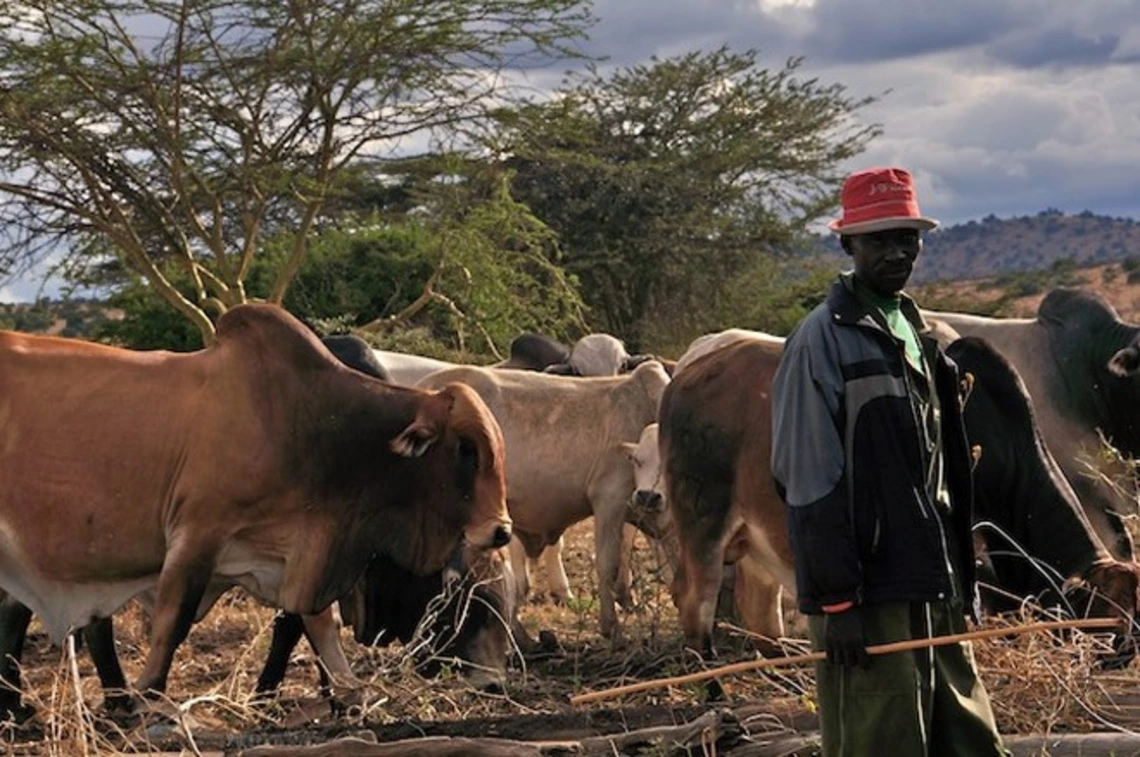"Understanding pastoralists’ perceptions and attitudes towards investing in sustainable land management practices in Ethiopia," by Abdulfetah Sigal

MDP student Abdulfetah Sigal completed his summer 2019 summer practicum working on pastoralists' attitudes and perceptions of sustainable land management practices in Ethiopia. Abdul worked with a Kenya-based NGO, the International Livestock Research Institute (ILRI).

Rangelands are important to biodiversity and ecosystem services, covering up to half of all land surface and three quarters of the world’s drylands. Land degradation in dryland regions of the world is a major environmental concern and significantly affects rangelands (Davies et al., 2015). Pastoralist rangelands in the Borana zone of Ethiopia are part of the extensive global drylands. Additionally, they also face the dangers of land degradation that not only affects the local environment but also impacts their livelihoods. In many countries, including Ethiopia, measures to address rangeland degradation are either minimal or absent (Davies et al., 2015). This case study was conducted to answer questions related to pastoralists’ preferences regarding sustainable land management (SLM) practices and the drivers behind investing in these techniques. Additionally, we investigated the role of stakeholders and external assistance towards their subsequent attitudes and decisions on adopting specific practices in sustainable land management SLM.
"SLM is the use of land resources, including soils, water, animals and plants, for the production of goods to meet changing human needs, while simultaneously ensuring the long-term productive potential of these resources and the maintenance of their environmental functions. Some of these practices are terracing, fencing off grazing lands, tree planting, and pond construction and rehabilitation."

